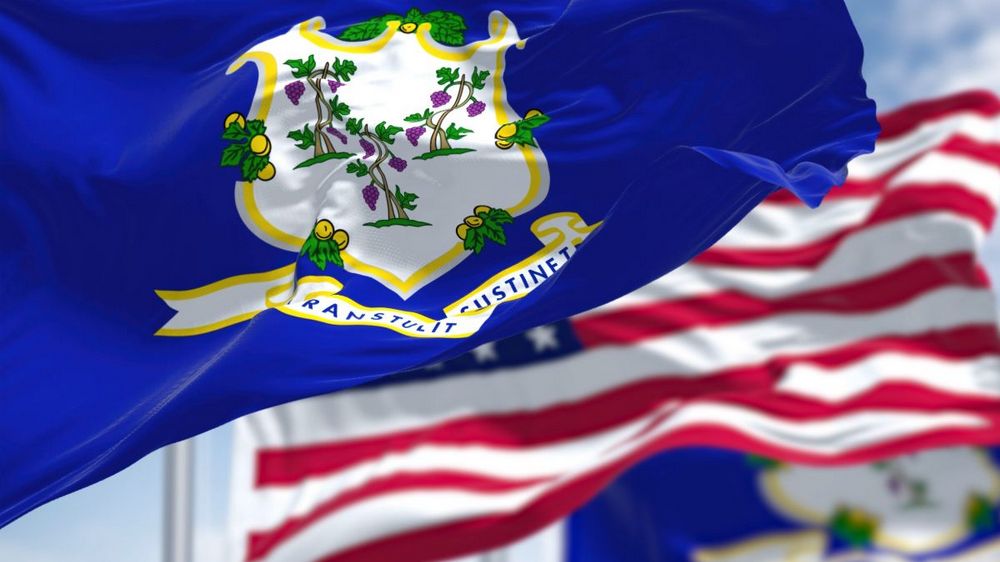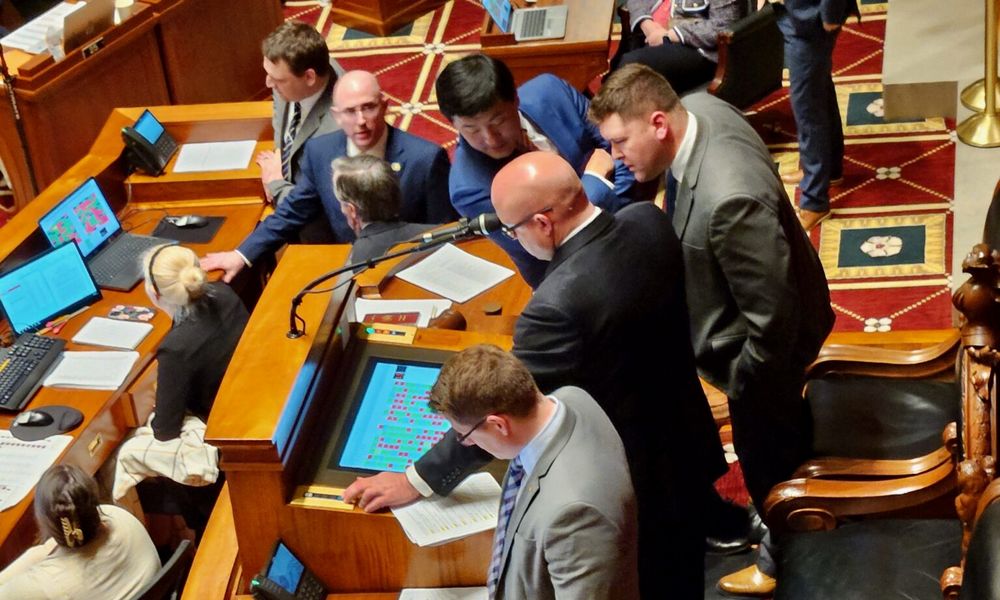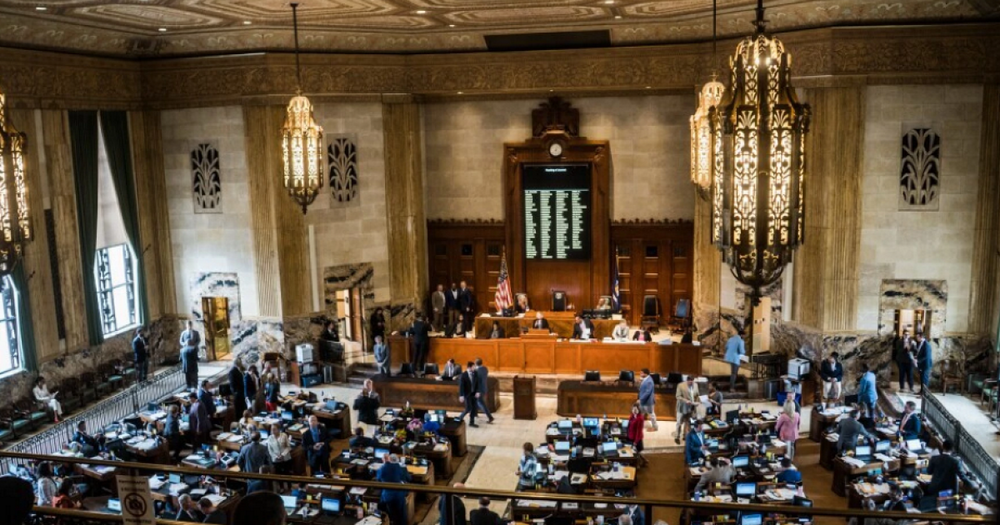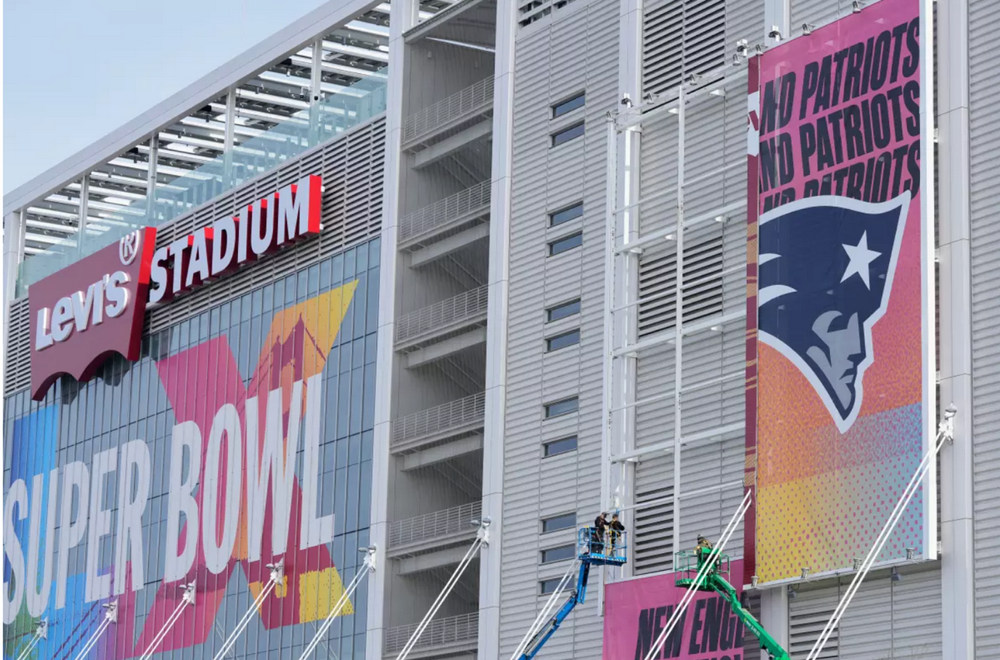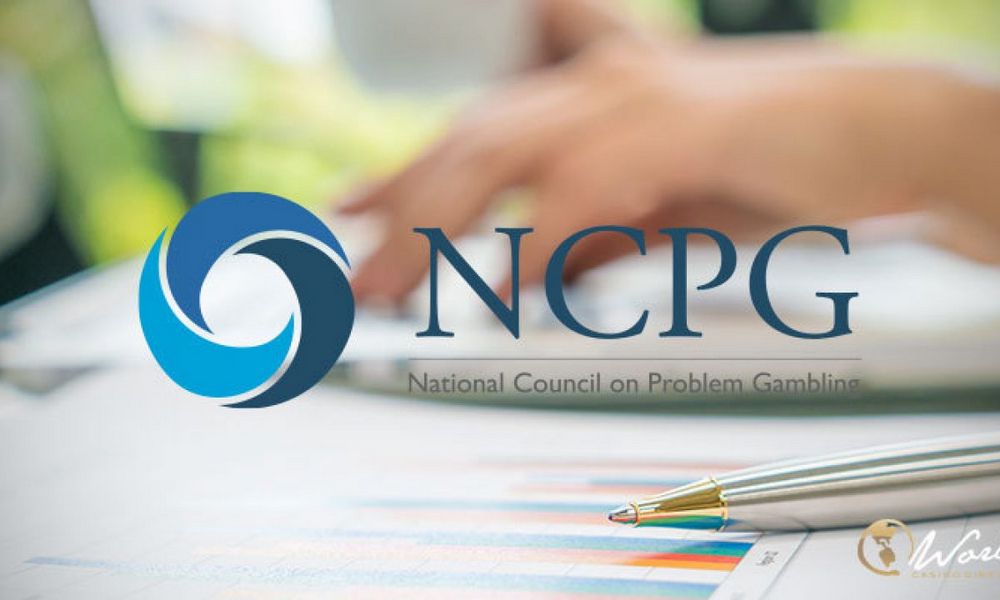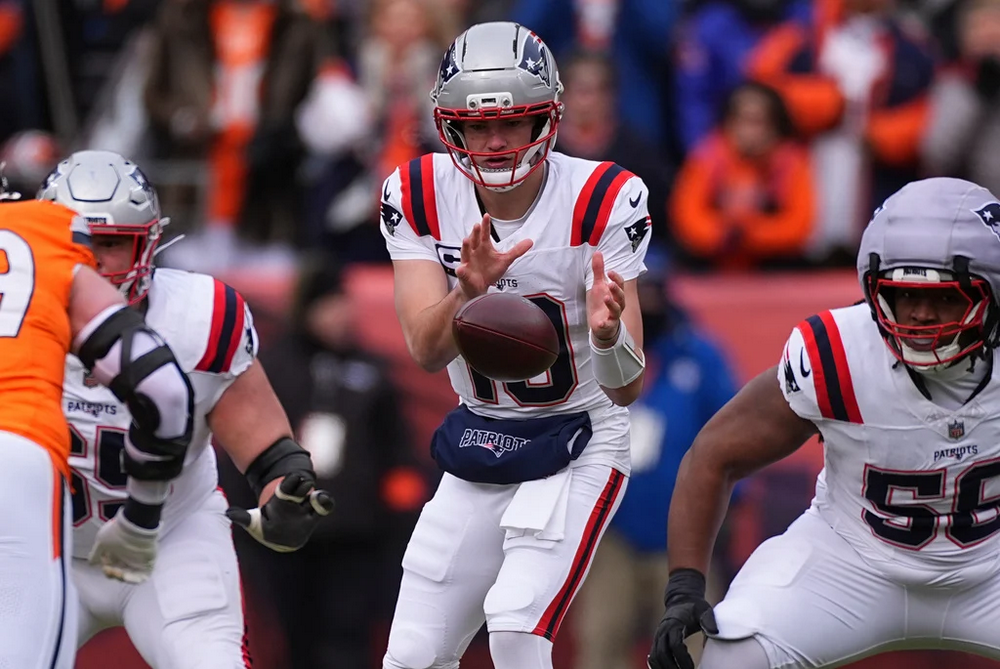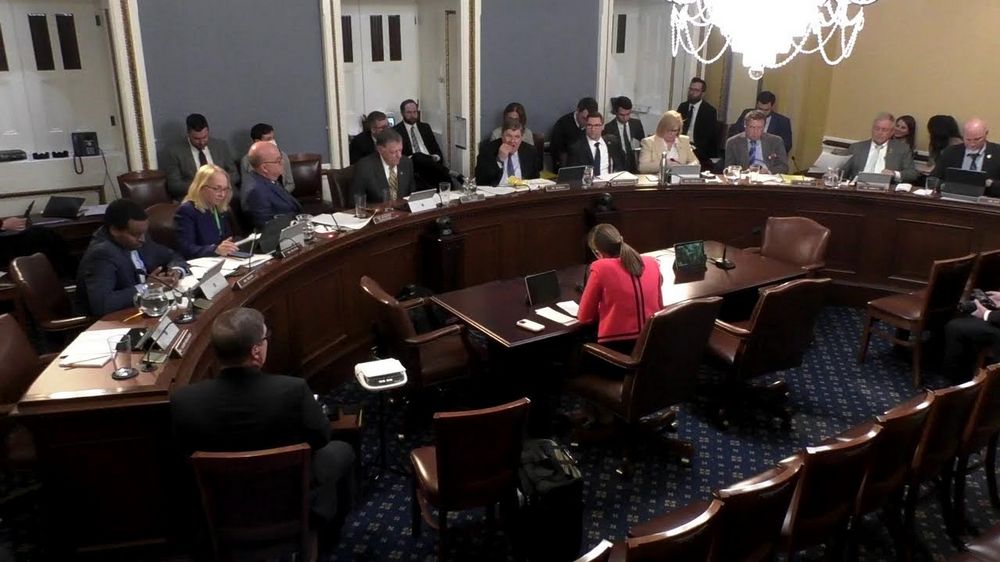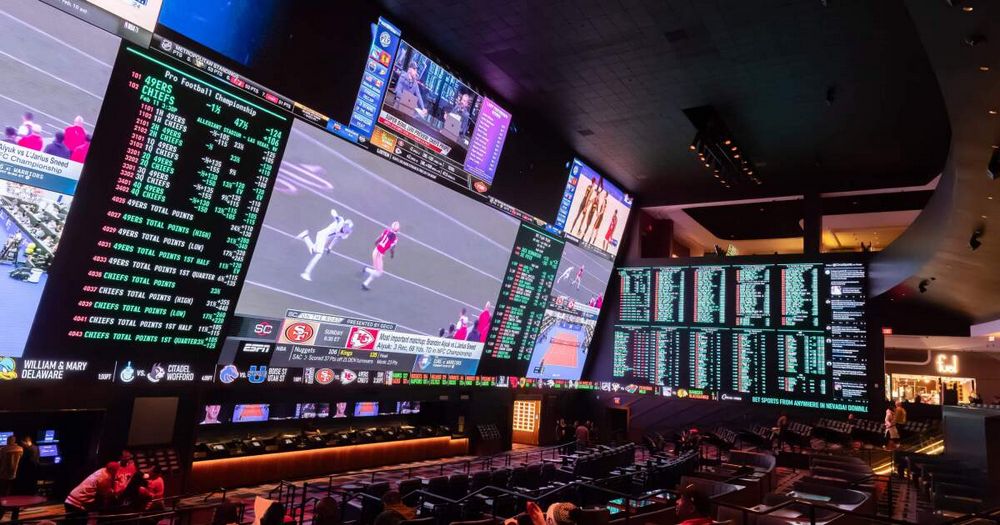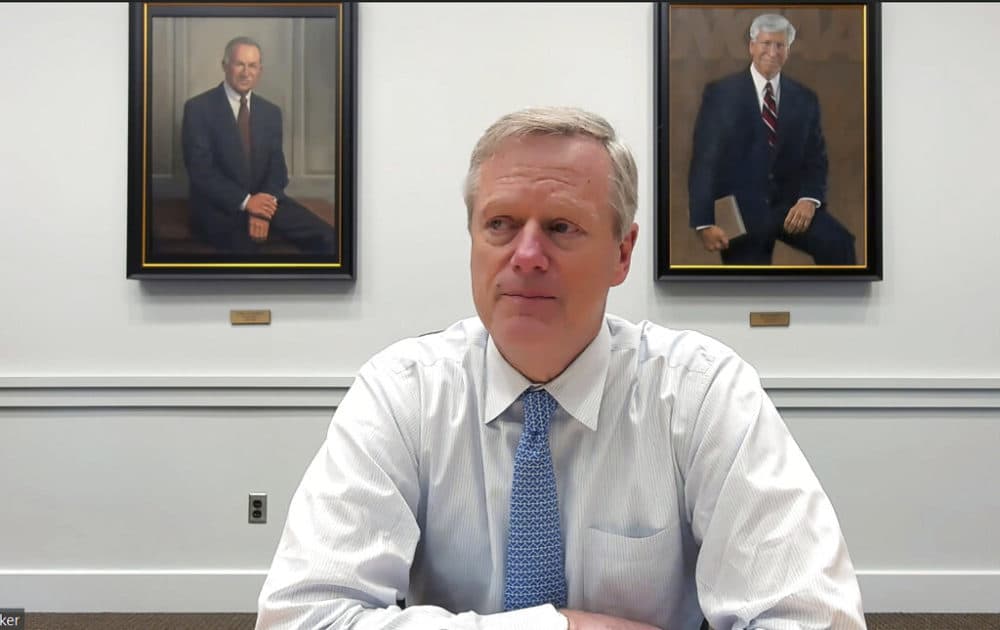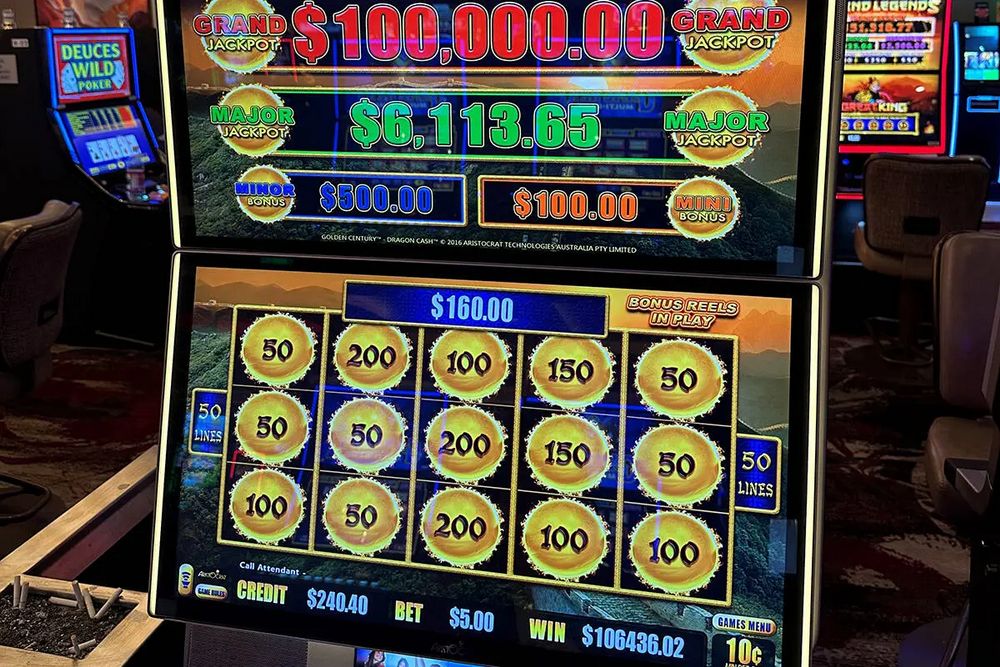A surprise per-wager tax in Illinois could be the spark that ignites a broader shift in gambling tax policy across the United States, with analysts predicting that cash-strapped states will take notes—and take aim—at big betting platforms.
Illinois has thrown down the gauntlet with a surprise per-wager tax in its FY2025 budget—and experts say other U.S. states are already lining up to follow.

Signed into law on June 1 by Governor J.B. Pritzker, the measure imposes $0.25 per bet on the first 20 million wagers annually, and $0.50 thereafter. It’s a targeted move: only DraftKings and FanDuel crossed that threshold last year. According to Citi analyst Jason Bazinet, the new tax would’ve cost DraftKings an estimated $68 million in 2024 alone.
But this isn’t just about Illinois. According to Chris Grove, Partner at Eilers & Krejcik Gaming, “What happens in Illinois won’t stay in Illinois. It’s the first domino in what could be a national shift.”
Ohio lawmakers advance online casino legislation with split bills and major tax stakes
New York, with a 51% tax on GGR for online sportsbooks, has already raised concerns among operators. There, Senator Joe Addabbo Jr. has hinted that additional fiscal measures could be introduced in 2026 to fund education and infrastructure gaps. Meanwhile, Massachusetts Treasurer Deborah Goldberg has suggested exploring expanded gambling tax tools as a response to declining lottery revenues.

Pennsylvania and Ohio are watching closely. Both states introduced sports betting with relatively moderate rates, but legislators like Rep. Rob Matzie (PA) and Sen. Niraj Antani (OH) have acknowledged budget gaps that may push them to consider “selective levies” targeting high-volume operators.
Beyond the U.S., Brazil is implementing an 18% GGR tax, and Colombia recently introduced a 19% IVA directly on bettors, sparking backlash and legal challenges. The pattern is clear: as governments face growing deficits, regulated gaming is viewed less as entertainment—and more as a fiscal lever.
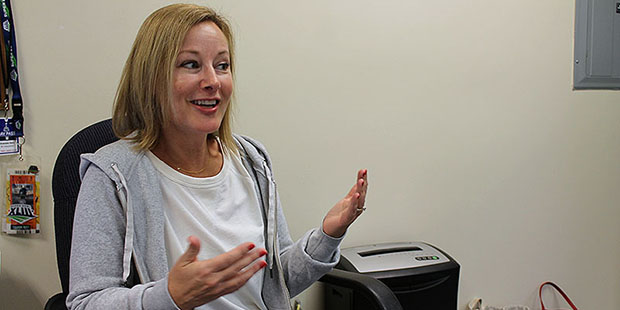
Operators are bracing for cascading effects. As Lobbying Director Stacie Stern of FanDuel stated, “We’ve entered a phase where gaming legislation is no longer about innovation—it’s about survival.” States may soon have to decide: protect competition, or maximize taxation? The Illinois model might have just rewritten the playbook.











